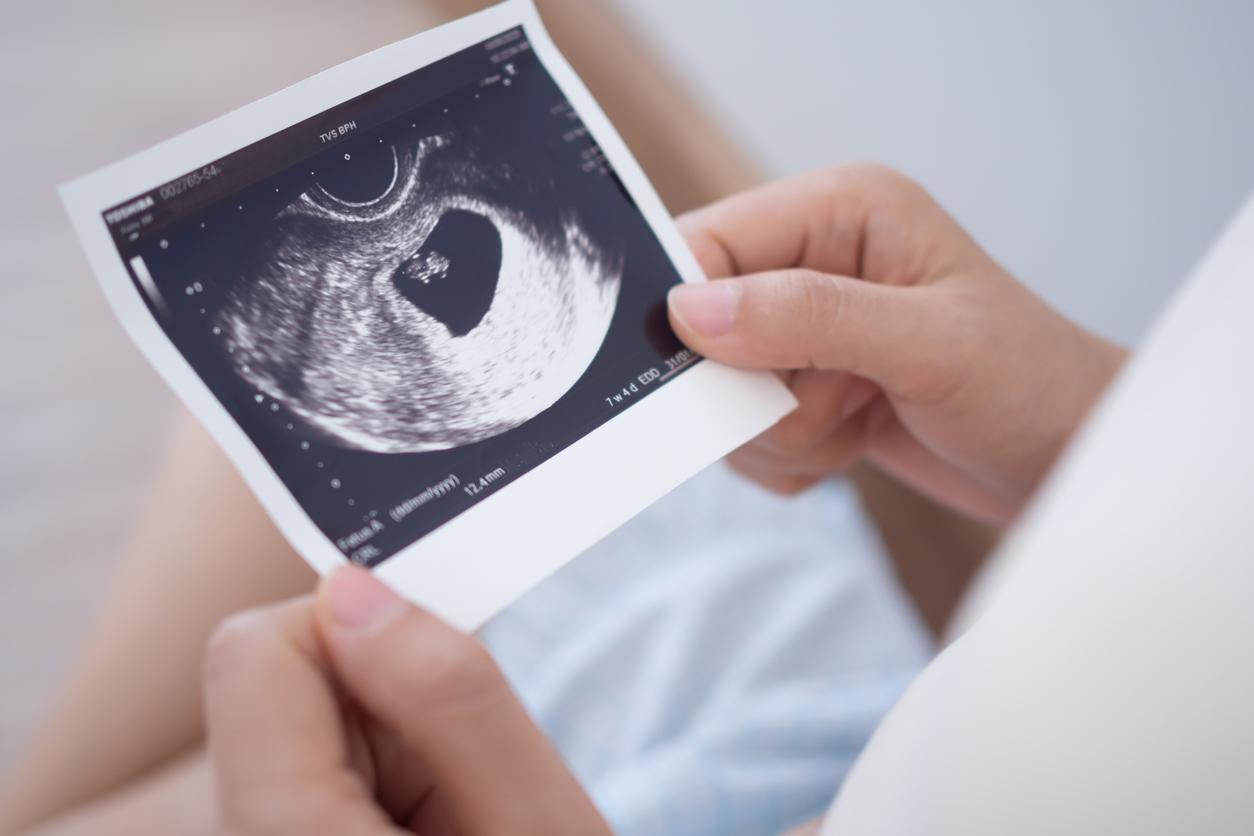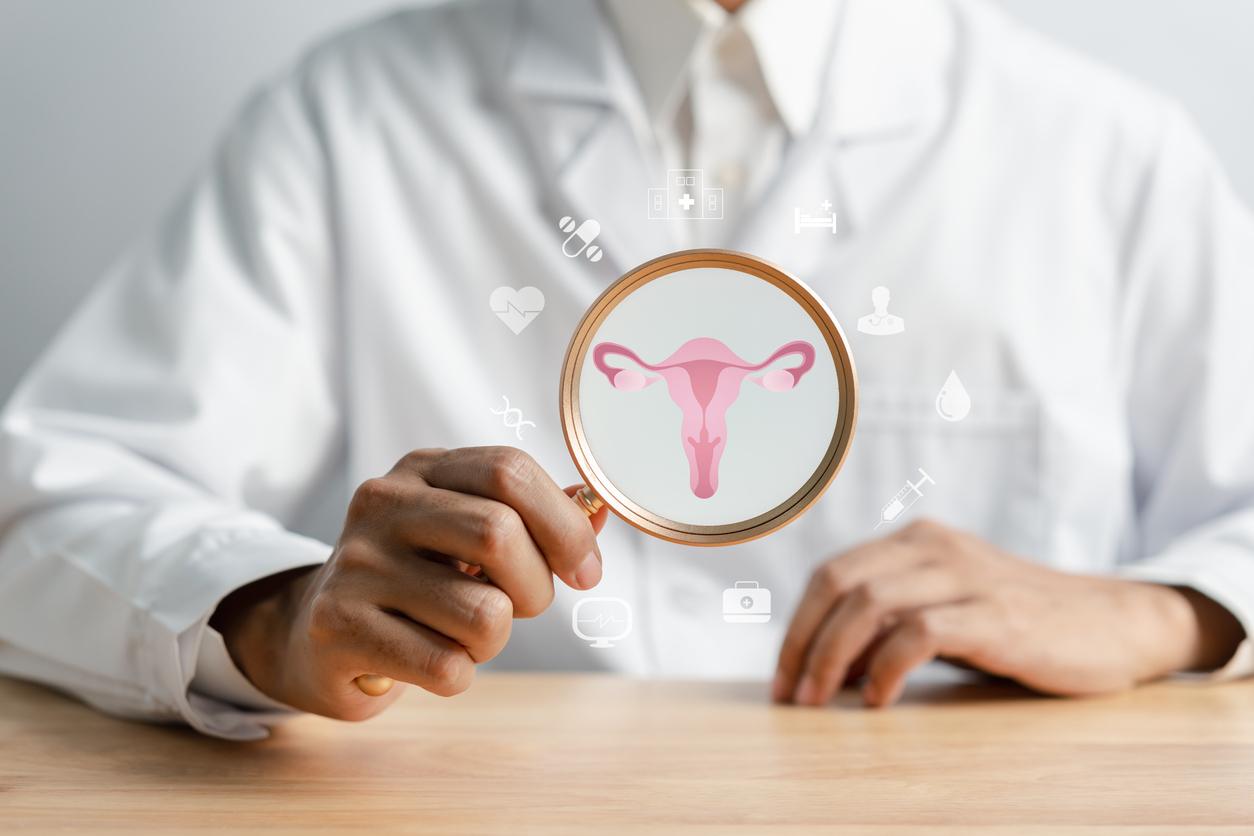Researchers have demonstrated how a neuron, called Kisspeptin, impacts fertility by regulating the release of hormones that control certain aspects of ovarian function, such as the development of follicles or ovulation.

- Kisspeptin neurons influence the release of two hormones that partly control ovarian function, including follicle development or ovulation.
- Ultimately, this discovery could help researchers treat reproductive disorders.
- In France, around one in eight couples consult a doctor due to difficulty conceiving a child, according to Inserm.
Up to 25% of infertility cases remain unexplained, according to the National Institute of Health and Medical Research (Inserm). Difficulty having a child can come from different factors : age, consumption of tobacco, drugs or alcohol, lifestyle (sedentary lifestyle, excess weight, diet) or exposure to pollutants and endocrine disruptors.
A Japanese study, published in the journal Scientific Reportswould have put his finger on another possible factor: a neuron called kisspeptin.
A neuron impacts hormones linked to fertility
The researchers of Nagoya University and National Institutes of Natural Scienceswere interested in kisspeptin neurons because they regulate the release of two hormones essential to the functioning of the ovaries: Lhypothalamic gonadotropin-releasing hormone (GnRH) andpituitary follicle-stimulating hormone/luteinizing hormone (LH). They control in particular THE follicle development or ovulation.
If kisspeptin neurons are present mainly in two areas of the brain, the team focused mainly on those installed in the arcuate nucleus (ARC) where they produce and respond to the inhibitory substance dynorphin. The latter is capable of slowing down or stopping certain chemical reactions. “Kisspeptin neurons in the ARC express both dynorphin and its receptor, whereas those in the AVPV express only the receptor, explains Mayuko Nagae, one of the authors, in a communicated. The exact role of dynorphin and its receptor in the regulation of kisspeptin neurons was not clearly understood.“
To study this, Japanese scientists genetically engineered female rats to delete Kiss1, a gene that encodes (i.e., provides information for the production of kisspeptin) in kisspeptin neurons.
Infertility: fewer kisspeptin neurons, fewer births
Results: Genetically modified rats had only 3% kisspeptin neurons in the ARC and 50% in the anteroventral periventricular nucleus (AVPV) (the other brain area where kisspeptins are present). The females were still fertile, but their ovarian function had been impacted and there were fewer births in the group of genetically modified rodents than in normal rats. This therefore indicates that kisspeptin neurons with dynorphin receptors are important for reproduction and that their presence impacts fertility.
“This is the first study to show that kisspeptin neurons that directly receive dynorphin are necessary for the production and increase of GnRH/LH in female rats.“, explains Hiroko Tsukamura, one of the authors in a communicated.
This discovery could help researchers understand and treat reproductive disorders in animals and, ultimately, in humans. An important issue, because, in France, around one in eight couples consults due to difficulty conceiving a child, according to Inserm.

















